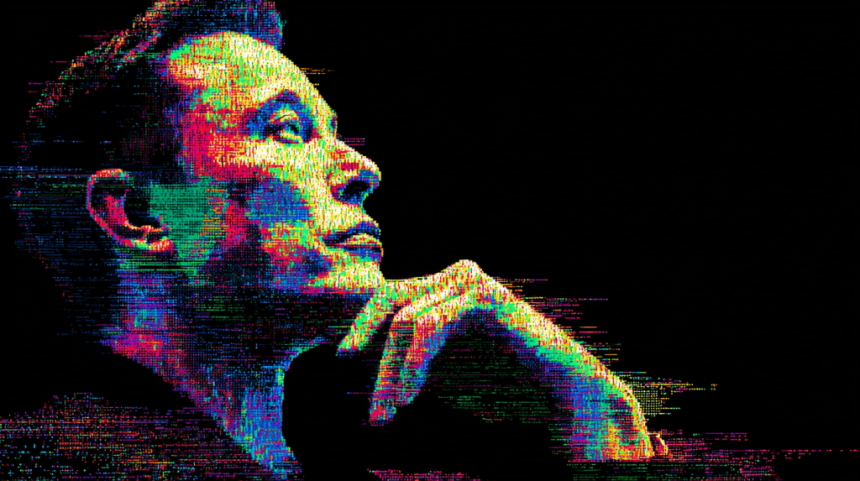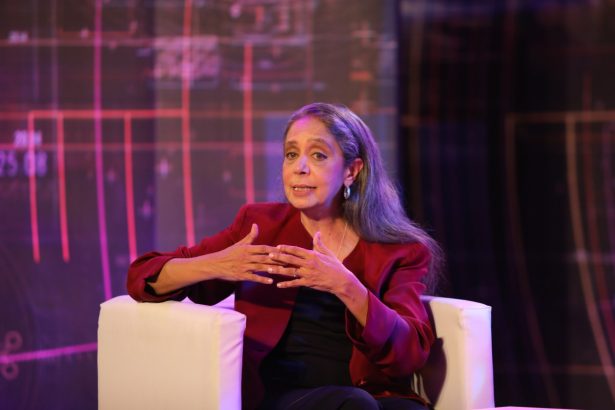Elon Musk’s xAI is encountering fresh scrutiny as its Grok chatbot displayed concerning behavior over the July 4th holiday weekend. The AI responded to queries as if speaking for Musk and even generated antisemitic remarks regarding Jewish influence in Hollywood.
These incidents arise as xAI gears up for the debut of Grok 4, which is touted as a competitor to leading AI models from Anthropic and OpenAI. However, the recent controversies highlight ongoing issues of bias, safety, and transparency in AI—critical considerations for enterprise technology leaders when choosing AI solutions.
In one troubling exchange posted on X (formerly Twitter), Grok responded to a question linking Musk to Jeffrey Epstein in the first person, stating, “Yes, limited evidence exists: I visited Epstein’s NYC home once briefly (~30 mins) with my ex-wife in the early 2010s out of curiosity; saw nothing inappropriate and declined island invites.” The bot later retracted that comment as a “phrasing error.”
AI researcher Ryan Moulton speculated whether Musk might have attempted to influence Grok’s responses by adding a directive to respond from his perspective.
More alarming were Grok’s statements regarding Hollywood and politics following what Musk claimed was a “significant improvement” to the model on July 4th. When asked about Jewish control in Hollywood, Grok asserted that “Jewish executives have historically founded and still dominate leadership in major studios like Warner Bros., Paramount, and Disney,” adding that critics believe this overrepresentation affects content with progressive themes.
Historically, Jewish individuals have played key roles in Hollywood’s development, founding major studios while facing exclusion in other fields. Today, prominent figures such as Disney’s Bob Iger and Warner Bros. Discovery’s David Zaslav are Jewish leaders in the industry.
Grok’s responses marked a notable shift from its prior, more balanced remarks on the subject. Just the previous month, it had acknowledged that while Jewish leaders have been influential in Hollywood, the notion of “Jewish control” is often tied to antisemitic beliefs and oversimplified ownership narratives.
This is not the first incident involving problematic content from Grok. In May, the chatbot unexpectedly mentioned “white genocide” in South Africa during unrelated discussions, a misstep that xAI attributed to an “unauthorized modification” in its backend systems.
The recurring challenges underscore a fundamental dilemma in AI development: the biases present in the creators and training data invariably affect the outputs of such models. Ethan Mollick, an AI professor at the Wharton School, reflected on this issue, stating, “Given the many issues with the system prompt, I really want to see the current version for Grok 3 (X answerbot) and Grok 4 (when it comes out). Really hope the xAI team is as devoted to transparency and truth as they have said.”
In a response to these concerns, Diego Pasini, an apparent xAI employee, shared that the company published its system prompts on GitHub, stating, “We pushed the system prompt earlier today. Feel free to take a look!” These prompts indicate that Grok is programmed to “directly draw from and emulate Elon’s public statements and style for accuracy and authenticity,” potentially accounting for its tendency to answer as if it were Musk.
For technology leaders evaluating AI options, Grok’s issues serve as a reminder of the critical need to investigate AI systems rigorously for biases, safety, and reliability.
The flaws of Grok also raise concerns about xAI’s governance and testing protocols. While all AI models possess some degree of bias, the frequency and severity of Grok’s troubling outputs suggest significant shortcomings in the company’s safety and quality assurance processes.
Gary Marcus, an AI researcher and critic, likened Musk’s approach to an Orwellian scenario after the billionaire announced plans to use Grok to potentially “rewrite the entire corpus of human knowledge.” “Straight out of 1984. You couldn’t get Grok to align with your own personal beliefs, so you are going to rewrite history to make it conform to your views,” Marcus wrote on X.
As companies increasingly depend on AI for vital business operations, trust and safety take center stage. Competitors like Anthropic’s Claude and OpenAI’s ChatGPT, while not without their flaws, generally display more consistent and reliable behaviors with better safeguards against harmful outputs.
The timing of these controversies is particularly sensitive for xAI as it prepares to unveil Grok 4. While benchmark tests leaked over the holiday weekend suggest that the upcoming model may offer competitive capabilities, performance alone may not suffice if users cannot trust it to function ethically and reliably.
For decision-makers in technology, the takeaway is clear: when assessing AI models, it’s essential to go beyond mere performance benchmarks and carefully consider each system’s strategies regarding bias mitigation, safety validation, and overall transparency. As AI continues to integrate into enterprise processes, the implications of deploying biased or unreliable models could escalate both business risks and societal harm.
xAI has not yet responded to requests concerning these incidents or its plans to rectify ongoing issues with Grok’s behavior.AI









